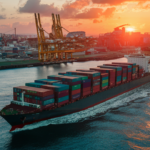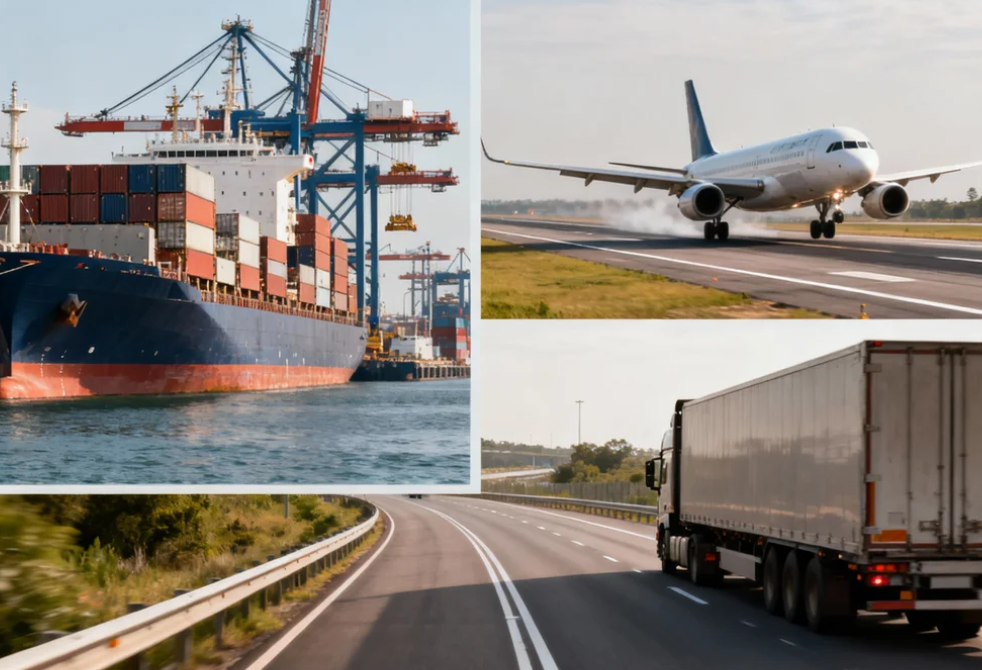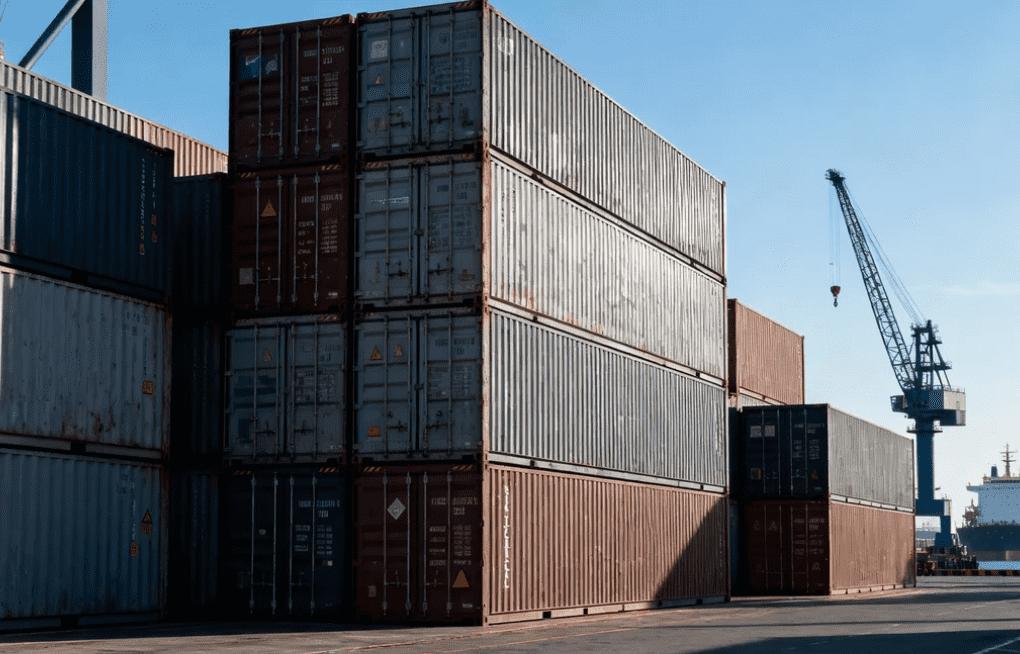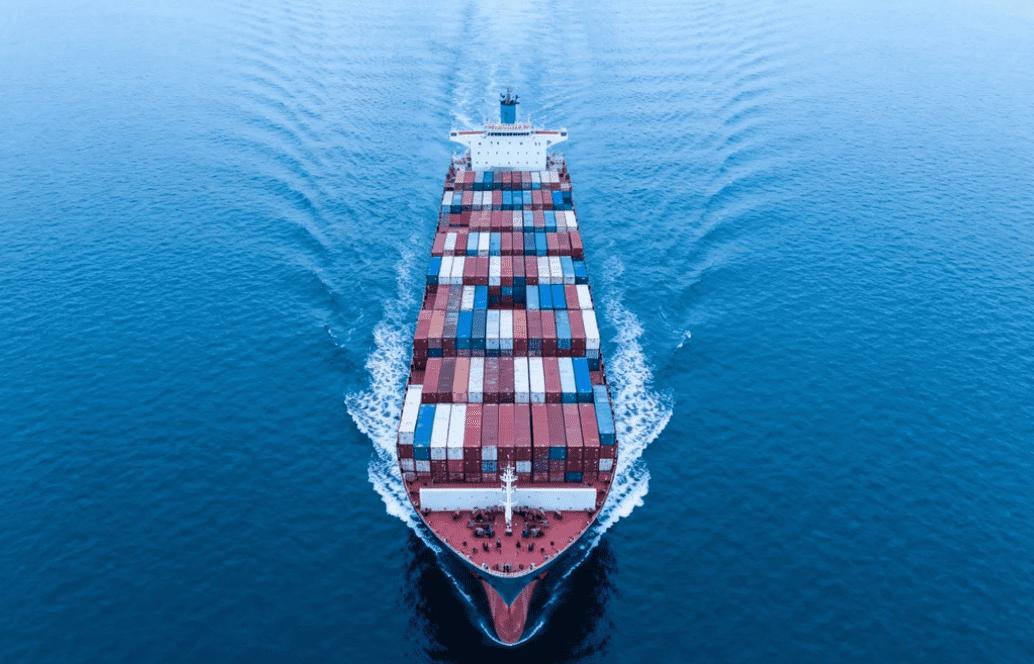Navigating the world of shipping goods from China to Germany can be a complex endeavor, filled with various options that cater to differing needs and circumstances. Whether you’re an importer looking for speed, cost-efficiency, or reliability, understanding the available shipping methods is crucial. From the rapidity of air freight to the affordability of sea freight, or the emerging option of rail freight, each method offers distinct advantages and considerations. Furthermore, the role of shipping agents and the intricacies of customs regulations are vital components to ensure a smooth import process. This guide will provide you with a comprehensive overview of shipping options, best practices for choosing a shipping agent, and essential insights into navigating customs, empowering you to make informed decisions for your import operations.
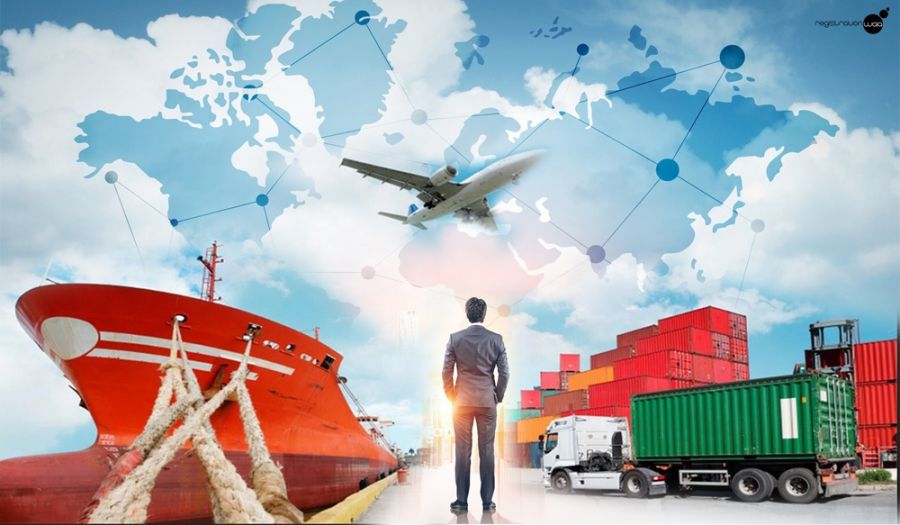
Understanding Shipping Options
Air Freight from China to Germany
Air Freight is one of the fastest shipping methods, ideal for urgent deliveries. This mode is particularly beneficial for small shipments or high-value goods where time is of the essence. Flights from major Chinese cities such as Shanghai, Beijing, or Shenzhen to German hubs like Frankfurt or Munich are frequent.
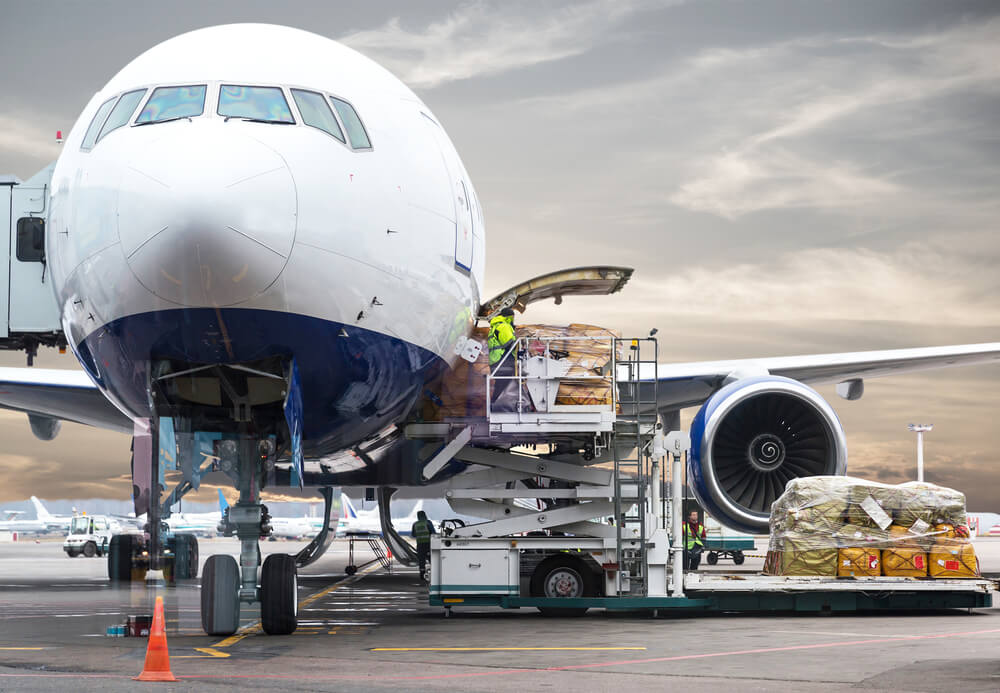
Advantages:
- Speed: Deliveries can be made within 3-7 days.
- Reliability: Consistent schedules and reduced risk of damage.
- Flexibility: Frequent flights allow for quick adjustments to shipping schedules.
Considerations:
- Cost: The price per kilogram is significantly higher than sea freight, making it less suitable for heavy goods.
- Weight Limitations: Certain weight restrictions may apply to specific routes and aircraft.
Sea Freight from China to Germany
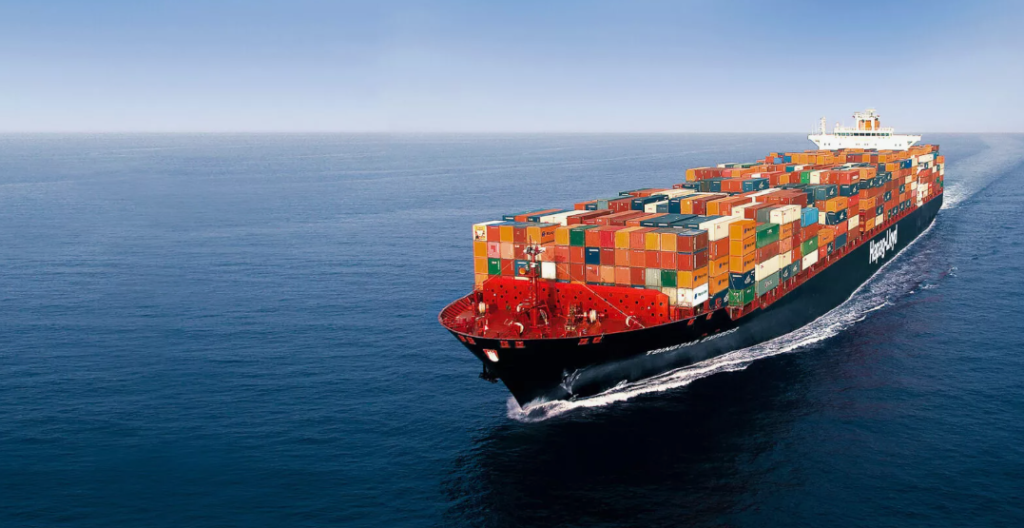
Sea Freight is the most cost-effective option for shipping large volumes of goods. Container shipping is commonly used, with Full Container Load (FCL) and Less-than-Container Load (LCL) options available.
Advantages:
- Cost-Effectiveness: Lower shipping costs per unit, especially for bulk goods.
- Capacity: Able to accommodate larger shipments without strict weight limits.
- Environmental Impact: Generally more sustainable than air freight.
Considerations:
- Transit Time: Deliveries can take 25-45 days depending on the route and shipping conditions.
- Complexities: Requires thorough customs clearance processes and can be susceptible to delays due to weather or port congestion.
Rail Freight from China to Germany
Rail Freight is an emerging alternative, offering a balance between speed and cost. The route typically follows the New Silk Road, which connects various major cities in China with Europe.
Advantages:
- Speed: Faster than sea freight, generally taking 12-20 days.
- Cost: More affordable than air freight while providing better speed than sea freight.
- Directness: Considerable reduction in handling at multiple ports.
Considerations:
- Infrastructure: Not all goods can be transported due to rail capacity restrictions.
- Availability: Limited routes compared to air and sea freight.
Express Shipping from China to Germany
Express Shipping is tailored for time-sensitive shipments. Companies like DHL, FedEx, and UPS provide expedited services, ensuring quick delivery to your doorstep.
Advantages:
- Speed: Can deliver within 1-3 days, regardless of the shipment size.
- Door-to-Door Service: Seamless pick-up and delivery minimizes the hassle for customers.
Considerations:
- Cost: Generally the most expensive option, suitable only for high-value or urgent items.
- Weight and Size Restrictions: There are often limitations on the size and weight of packages.
Read More:
- Shipping From China To Netherlands
- Shipping From China To Spain
- Shipping From China To Germany
- Shipping From China To France
- Shipping From China to Italy
- Shipping From China To Poland
- Shipping From China to United Kingdom
Role of Shipping Agents
Definition and Primary Responsibilities
Shipping Agents act as intermediaries between shippers and carriers. They facilitate the smooth execution of shipping processes, ensuring compliance with international regulations and providing expert guidance throughout the shipping journey.
Primary Responsibilities:
- Documentation: Handling all necessary paperwork and customs clearance to ensure compliance with both Chinese and German regulations.
- Booking: Arranging space with carriers for the shipment of goods.
- Tracking: Offering real-time updates on shipment status.
Key Services Provided by Shipping Agents
Shipping agents provide a wide range of services tailored to meet the needs of importers.
| Service | Description |
|---|---|
| Customs Clearance | Assisting with the necessary procedures to clear goods through customs efficiently. |
| Insurance Services | Offering options for insuring goods during transit to mitigate risks. |
| Warehouse Services | Providing storage solutions and inventory management before shipment or after arrival. |
| Consolidation | Combining multiple small shipments into one larger shipment to reduce costs. |
| Consultation | Advising on the best shipping routes and methods based on specific requirements and regulations. |
Dantful International Logistics offers a comprehensive suite of freight forwarding services, ensuring that all your shipping needs from China to Germany are met with professionalism and expertise. Whether it’s Air Freight for urgent shipments or Sea Freight for bulk goods, our tailored solutions and expert insights will facilitate a seamless importing process.
Choosing the Right Shipping Agent
Factors to Consider When Selecting a Shipping Agent
When choosing a shipping agent, several crucial factors should be evaluated to ensure that your logistics needs are met effectively and efficiently:
Experience and Expertise:
- Look for agents who specialize in freight forwarding from China to Germany. Their experience can be beneficial in navigating complex logistics and customs regulations.
Network and Partnerships:
- A well-connected shipping agent will have established relationships with shipping lines, airlines, and customs officials, facilitating smoother operations and potentially better rates.
Services Offered:
- Consider the breadth of services provided. Look for agents that offer comprehensive solutions, including Customs Clearance and Insurance Services, to cover all aspects of shipping.
Reputation and Reviews:
- Research customer reviews and testimonials to gauge the reliability and service quality of the agent. Positive feedback often indicates a trustworthy partner.
Cost Structure:
- Analyze the agent’s pricing model. Ensure transparency in fees and that the cost aligns with your budget without sacrificing quality.
Technology and Tracking Capabilities:
- A modern shipping agent should offer tracking solutions to provide real-time updates on shipment status, ensuring you stay informed during transit.
Why Choose Dantful as Your Shipping Agent
Dantful International Logistics stands out as a premier choice for importers due to the following reasons:
-
Professional Expertise: With extensive experience in freight forwarding, Dantful’s team understands the nuances of shipping from China to Germany, ensuring compliance with all regulations.
-
Comprehensive Services: Dantful offers a full range of services, including Warehouse Services, Air Freight, and Sea Freight, providing a one-stop solution for all shipping needs.
-
Proven Track Record: With numerous satisfied clients, Dantful has established a reputation for reliability and efficiency in logistics.
-
Cost-Effectiveness: Dantful’s competitive pricing ensures that clients receive high-quality services at favorable rates.
-
Customer-Centric Approach: Dedicated customer support ensures that you receive personalized attention and assistance throughout the shipping process.
Dantful International Logistics Services:
- Dantful Ocean Freight Services
- Air Freight From China
- Amazon FBA Freight Forwarding
- WAREHOUSE Services
- One-Stop Customs Clearance Solution
- Cargo Insurance Services in China
- DDP Shipping Services By Dantful Logistics
- Out of Gauge Cargo Transportation Shipping Services
Navigating Customs and Regulations
Customs Duties and Taxes
Understanding customs duties and taxes is crucial for calculating the total cost of importing goods. Customs duties are tariffs imposed by governments on imported goods, and they vary based on the type of goods being imported.
- Value Added Tax (VAT): In Germany, VAT is applied to most goods at a standard rate of 19%. Importers are responsible for paying this tax upon the goods’ arrival.
- Customs Duties: These are calculated based on the Customs Tariff, which details the specific duty rates for various items.
For accurate calculations, it is advisable to consult with a knowledgeable shipping agent like Dantful, who can provide up-to-date information on applicable duties and taxes.
Required Documentation
The documentation process can be complex, but it is essential for ensuring compliance with customs regulations. Key documents typically required include:
-
Commercial Invoice: A detailed invoice from the supplier outlining the products, their value, and terms of sale.
-
Bill of Lading (B/L): A shipping document issued by the carrier, confirming receipt of the goods and the contract for transportation.
-
Packing List: A comprehensive list detailing the contents of the shipment, including weight and dimensions.
-
Certificate of Origin: A document certifying the origin of the goods, which may be required to benefit from preferential duty rates.
-
Import License: Certain regulated items may require an import license, which must be obtained prior to shipping.
Working with a reliable shipping agent ensures that all necessary documentation is prepared and submitted correctly, reducing the risk of delays or fines.
Cost Optimization Strategies
Comparing Shipping Costs
Cost is a pivotal factor in the decision-making process for importers. When comparing shipping costs, consider the following:
-
Shipping Method: Evaluate the total cost associated with each method (air, sea, rail, express) against the urgency and value of your goods. A detailed analysis of Shipping Costs from China to Germany can help you determine the best option.
-
Volume Discounts: If you are a frequent shipper, inquire about volume discounts that can significantly reduce costs.
-
Consolidation Options: Using services that allow consolidation of shipments can lead to lower per-unit shipping costs.
Insurance and Risk Management
To protect your investment during transit, insurance is crucial. Here are some strategies for effective risk management:
-
Purchase Freight Insurance: Consider insurance options to cover potential losses due to damage or theft during transit. Dantful offers comprehensive Insurance Services ensuring your goods are safeguarded.
-
Assess Risks Based on Goods: Different goods have different risks. Evaluate the necessity for insurance based on the value and fragility of your products.
-
Regular Risk Assessments: Conduct periodic reviews of shipping practices and strategies to identify potential risks and mitigate them accordingly.
By implementing these cost optimization strategies and leveraging the expertise of a shipping agent like Dantful International Logistics, you can enhance your operations while ensuring compliance with customs regulations, ultimately improving your bottom line in international trade.
FAQs
What are the primary shipping methods available for importing goods from China to Germany?
The main shipping methods include Air Freight, Sea Freight, Rail Freight, and Express Shipping. Each method varies in speed, cost, and suitability depending on the nature of the goods and urgency.
How fast can I expect my goods to arrive using Air Freight?
Deliveries via Air Freight typically take between 3 to 7 days, making it the fastest option for urgent shipments.
What is the most cost-effective shipping method for large shipments?
Sea Freight is generally the most economical option for large volumes of goods. It can take 25 to 45 days for delivery, depending on the route.
What role do shipping agents play in the importing process?
Shipping agents facilitate the shipping process, handling documentation, booking space with carriers, and ensuring customs compliance. They also provide real-time tracking updates.
What types of services do shipping agents offer?
Services include Customs Clearance, Insurance Services, Warehouse Services, Consolidation, and expert consultation on shipping routes and methods.
How can I choose the right shipping agent for my needs?
Consider factors such as the agent’s experience, network of partnerships, range of services, reputation, cost structure, and technology capabilities.
What customs duties and taxes should I be aware of when importing to Germany?
Importers must pay a Value Added Tax (VAT) of 19% on most goods, along with customs duties that vary based on the product type. Consulting a shipping agent can provide up-to-date duty information.
What documentation is required for customs clearance?
- Required documents typically include a Commercial Invoice, Bill of Lading, Packing List, Certificate of Origin, and possibly an Import License for regulated goods.
How can I optimize shipping costs?
- Compare shipping methods based on cost and urgency, inquire about volume discounts, consider shipment consolidation, and purchase freight insurance for risk management.
- What should I do if I have fragile or high-value goods?
- It is advisable to purchase freight insurance to safeguard your goods during transit and assess the need for additional protection based on the value and fragility of the items.

Young Chiu is a seasoned logistics expert with over 15 years of experience in international freight forwarding and supply chain management. As CEO of Dantful International Logistics, Young is dedicated to providing valuable insights and practical advice to businesses navigating the complexities of global shipping.







